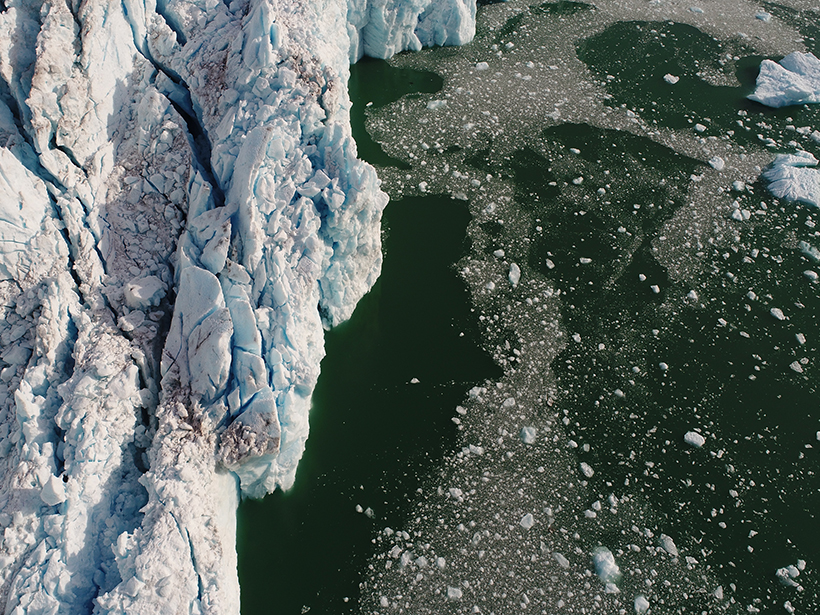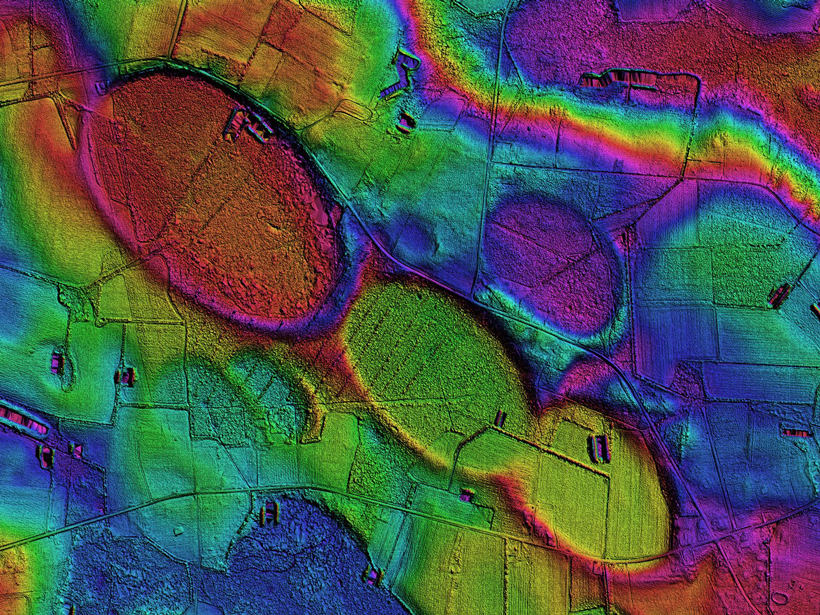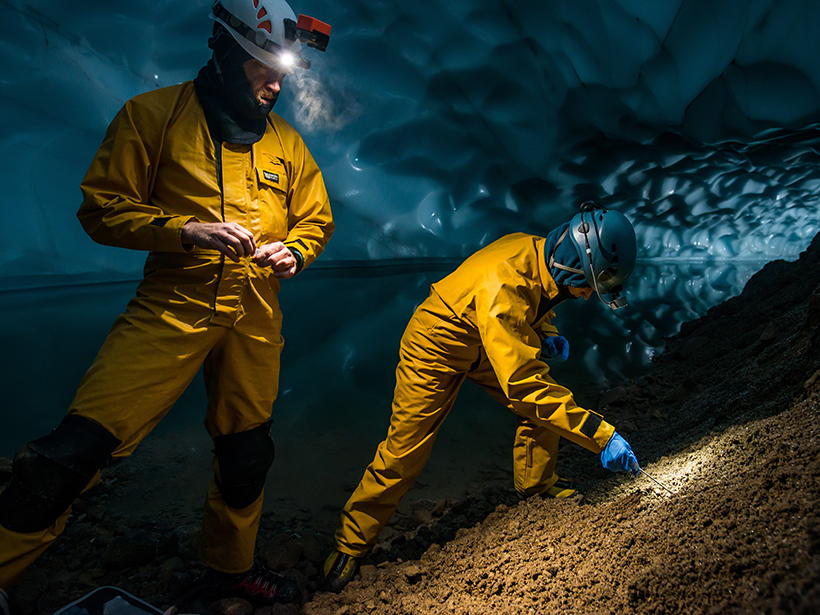Scientists must embrace communication, and communicators must work harder to tell more nuanced and compelling science stories, the newsman said to an auditorium full of scientists.
News
Offshore Islands Might Not Shield Coastlines from Tsunami Waves
Rather than offering protection, islands sometimes cause increased wave run-up on shorelines, experiments in a wave laboratory suggest.
Science at the Border Between Ice and Ocean
A suite of instruments, including drones, remotely operated boats, and multibeam sonar, is helping scientists understand a little-studied area at the front of a calving glacier.
Researchers Explore Carbon Footprints of Superheroes
A tongue-in-cheek exercise about comic book heroes aims to inspire people to consider the amount of greenhouse gas emissions they themselves cause.
New Model Predicts Lightning Strikes; Alert System to Follow
Data from thousands of past storms help guide a new forecast model that predicts where and when lightning may hit.
Major Federal Tropical Research Project to Cease 7 Years Early
The Department of Energy shutters a project aimed at improving climate models less than halfway through the expected decade-long run.
Four Planetary Landscapes That Scientists Can’t Explain
These are just a handful of the hundreds of mysterious features across our solar neighborhood that beg to be studied closer.
Group Touts “Beneficial” Coal Ash Recycling
An industry group says recycling coal ash, the second-largest U.S. waste stream, helps the environment and economy. Recycling has a role but also raises concerns, environmentalists argue.
Ice Caves atop a Volcano Give Taste of Otherworldly Science
Researchers brave perils and tumbling trash to probe glacial caves on Mount Rainier, improving their understanding of its extraordinary environment and helping to advance space exploration.
Exact Moonlight Measurements Could Aid Earth-Observing Missions
A new telescope’s unprecedented study of subtle variations in lunar light could finally give Earth-facing satellites a common reference point for their observations.










